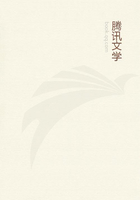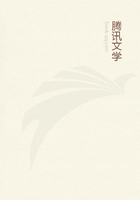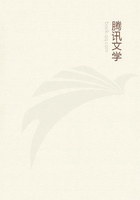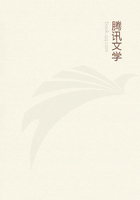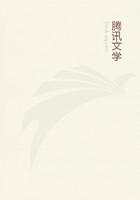Introduction In the exchange transactions of private economies with one another, objective exchange value acts as the economical measure of goods, while, within individual private economies, this part is taken by subjective value as each individual owner estimates it, whether it be subjective exchange value in connection with objective exchange value, or use value independent of it. All these forms of value, reflecting with more or less truth their common prototype, go back to one original form, viz. that which we have indicated as natural value; natural value being, in the last resort, the resultant of two simple fundamental components, quantity of goods and utility of goods. Even such phenomena as land rent, interest on capital, costs, are natural phenomena of value which could be suppressed only by a force so powerful that it would at the same time injure economic life and action itself.
Besides private economies there exist a great many public economies. The question now is whether, in them also, the value of goods holds the same place, and whether in them it takes on any new and peculiar forms. I shall limit my inquiry to the most important of social economies, that of the state, and deal even with it only in the most general way. The theory of social economies is yet in its infancy, and it would be impossible to discuss value in them at all exhaustively without first having thoroughly gone into a great many other subjects. It, therefore, appears to me best to confine myself to an entirely general and comprehensive statement.
State economy divides itself into two great spheres, the economy of income or finance, and the economy of expenditure or administration. Administration, however, belongs to the economy of the state only in so far as it is determined by economical considerations. This is the case mainly where regard is had to the material interests of the people, that is to say, in the economic administration or the economic superintendence of the state; but there is no single form of national activity but must follow economic principles, if only in the second instance; viz.
in regard to the careful and economical employment of its resources.
Up till quite recently economists have not, either in finance or administration, recognised in value that importance which, by analogy, might be suspected from its role in private economy.
With regard, in particular, to finance, theory has managed to do almost entirely without value. The principles of taxation have been and are almost always stated without value being mentioned, or if mentioned it has been, at the most, only cursorily touched upon by way of comparison. Taxation gets its warrant in specific considerations, not in general economic ones. We speak of minimum of subsistence, ability to pay, sacrifice of taxation, progressive taxation and so on, almost entirely as if they were facts and conceptions belonging to a distinct sphere, while neither is the relation of this sphere to the fundamental phenomena of all economy made clear, nor is any attempt made to make it clear.
Adam Smith and his school treat the economic administration of the state also in a similar manner. They explain it simply by the necessities of national life, and value never enters into their consideration. Where they do make mention of it exchange value is always understood, -- that being the only value which the school, as a rule, recognises. Any peculiar value pertaining to the economy of a state is never discussed, as in general all economic conceptions are borrowed entirely from the circumstances of private economies, and bear their characteristics. Connected with this -- as cause and effect -- there is a strong tendency to limit the sphere of state economy, and to extend that of private economy. Every theory formulates its conceptions in conformity with its fundamental tendencies, but it strengthens these fundamental tendencies in turn by the logical weight which the conceptions once constructed exert. A person who recognises no other value than exchange value will, wherever his common sense says that it is a question of value, generally allow exchange value to decide the matter in its one-sided way, or will, at all events, give to it too great a preponderance. The way in which Adam Smith rejects protection and argues for free trade may be regarded as typical of the school. The national income is to be measured by exchange value: but thus measured free trade will undoubtedly give the larger income in the near future:


